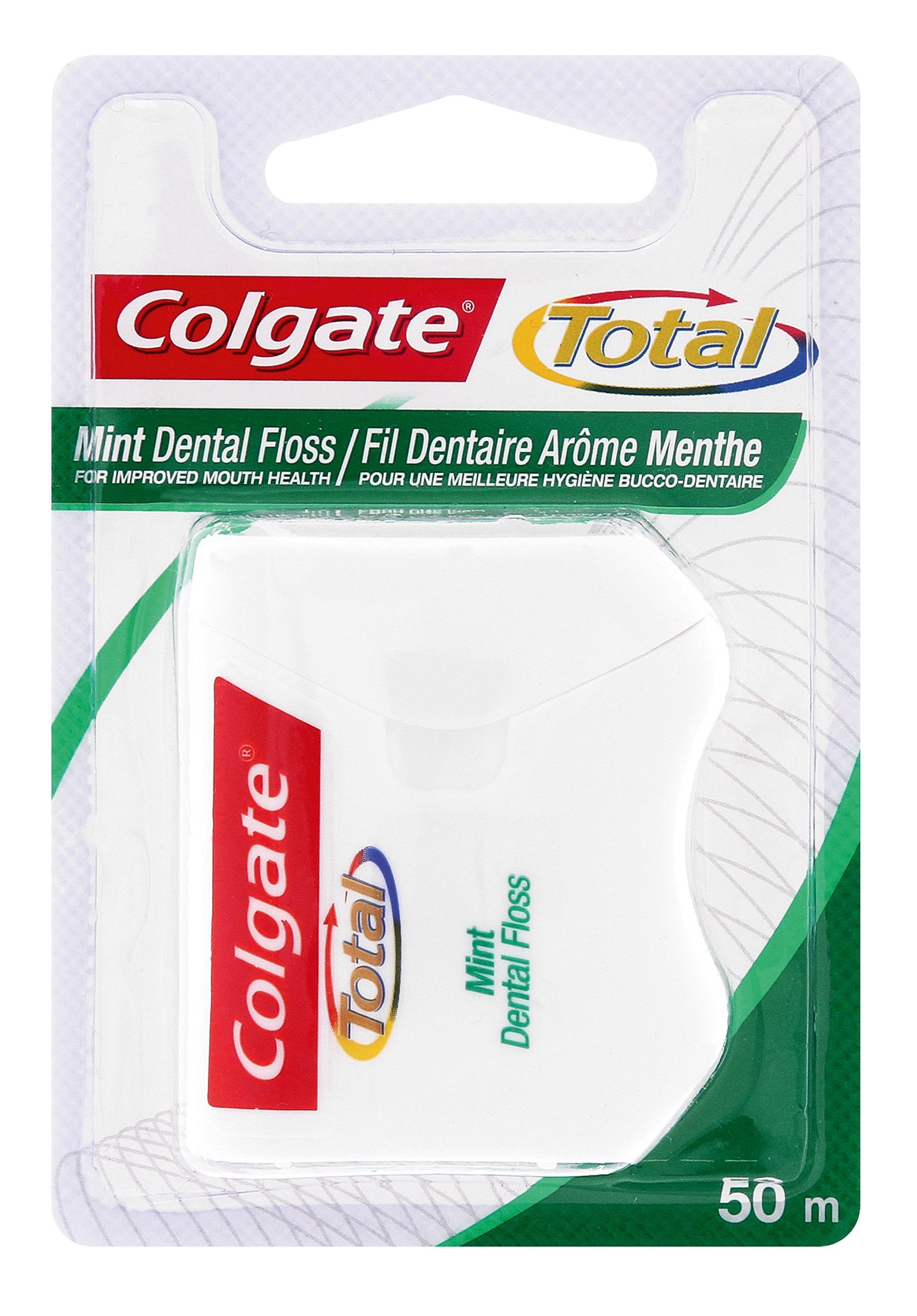-
-

CAVITIES
Can You Heal A Cavity At Home?You feel a sharp pain when you bite down or try to eat. You think it's a cavity, but you're not 100 percent sure...

BAD BREATH
How To Cure Bad BreathMore commonly known as bad breath, halitosis is an embarrassing hygiene issue that nobody wants, but some of us get every now and then...
-
Science & Innovation
- Colgate® | Toothpaste, Toothbrushes & Oral Care Resources
- Oral Health
- Torus Mandibularis What You Need To Know


Torus mandibularis is a bony growth that develops on the lower jaw, beneath and on the side of the tongue. Tori affect about 27 out of every 1,000 adults, reports the National Institutes of Health (NIH), though the condition is less well-known than other oral health conditions. Here are four things you need to know about torus mandibularis.
Torus Mandibularis Causes
The development of this condition is thought to be mostly driven by genetics, explains the NIH. This genetic influence can be clearly seen in studies of twins. In one study, a whopping 93.6 percent of identical twins either both had tori or both lacked them, reports NIH. Among fraternal twins, this concordance was observed in 79.4 percent of pairs.
Symptoms of Torus Mandibularis
This condition presents as a bony growth beneath and on the side of the tongue. You may have one growth or multiple growths, and they can develop on one side of your mouth or on both sides. While it's usually asymptomatic, this condition can sometimes cause problems. If you wear dentures, the growth can interfere with the fit of your lower denture. Your denture may be uncomfortable and may not stay in place. The soft tissues that cover the growth can also become ulcerated in some cases.
Torus Mandibularis Treatment
Even if your growth is asymptomatic, it needs to be evaluated by your dentist. If your dentist confirms that your growth is torus mandibularis, he may recommend not treating it. These benign growths should usually remain undisturbed. However, if your growth is painful or is interfering with the fit of your dentures, surgical removal may be performed. An oral surgeon can remove the growth with traditional surgical tools or with newer methods, like lasers.
Coping with Torus Mandibularis
If your dentist advises against treatment, the bony growth will remain inside your mouth. If the growth is small, this may not bother you, but large bony growths can be distracting. Try to avoid touching the growth with your tongue. Rinsing your mouth with an antiseptic mouthwash can also help keep your tori clean.
Any growths inside your mouth should always be examined by your dentist, just to be safe, though they may end up being benign conditions like torus mandibularis.
Related Products

Helping dental professionals
More professionals across the world trust Colgate. Find resources, products, and information to give your patients a healthier future











